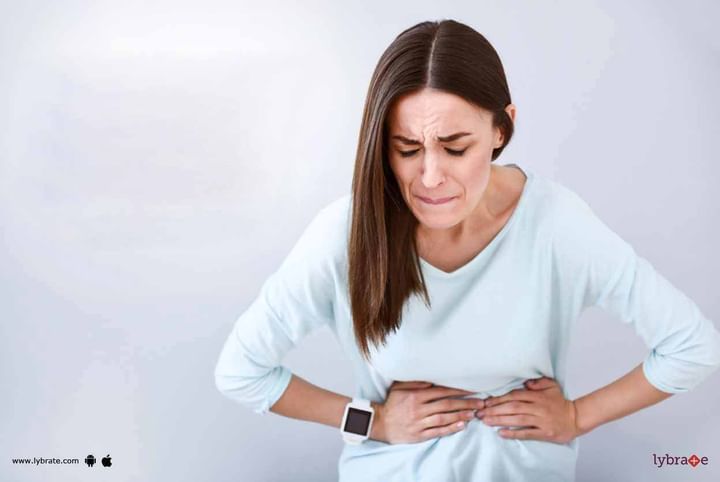Stomach Cancer - What All Should You Know?
The stomach is a hollow sac which is made up of muscles, and it is connected to the esophagus at its top, and the first section of the small intestine at its bottom. The stomach's main function is to break down solid food by using stomach acid (hydrochloric acid).
What Is Stomach Cancer?
Stomach cancer is cancer developing from the inner lining of the stomach. It is also known as gastric cancer.
Statistics: It is the fifth most common cancer in the world. Globally, stomach cancer is the third leading cause of death from cancer.
Etiology: It is more common in men than women. The exact cause of stomach cancer is still unknown. It is more likely to develop amongst individuals with:
- Age greater than 50 years
- A habit of excessive smoking
- Intake of low-fiber diet, and those who have highly processed food, red meat, or a diet that contains a lot of salted and pickled foods
- Stomach infection caused by Helicobacter pylori (H. pylori) bacteria
- History of alcohol abuse
- No exercise
- A habit of improper cooking or storing of food
Signs and Symptoms
The most common symptoms of advanced stomach cancer are given below:
- Nausea, vomiting
- Frequent heartburn
- Loss of appetite
- Weight loss
- Constant bloating
- Early satiety Bloody stools
- Fatigue
- Dull aching pain in the stomach after meals
How is it Diagnosed?
It can be diagnosed by following tests:
- By doing blood tests to look for anemia or nutritional deficiencies
- By doing gastroscopy in which a thin, flexible tube will be inserted with a small camera to look into the stomach
- By doing a barium follow-through study in which X-rays will be taken after drinking the radio-contrast agent
- By doing a computed tomography scan to take detailed pictures of the inside of the body
- By doing a biopsy in which a small piece of tissue from the stomach will be taken to look under a microscope for signs of cancer
What is the Treatment for it?
It is treated with various methods in which either one mode is used or combinations of them can be used. They are as follows:
How to prevent it?
It can be prevented in the following ways:
- By eating refrigerated foods rather than preserved foods (those which are salted, pickled, and smoked)
- By eating a healthy diet, such as choosing whole-grain bread, pasta, and cereals instead of refined grains, and eating fish, poultry, or beans instead of processed meat and red meat
- By doing physical activity and by maintaining ideal body weight
- By avoiding tobacco useBy treating H. pylori infection



+1.svg)
